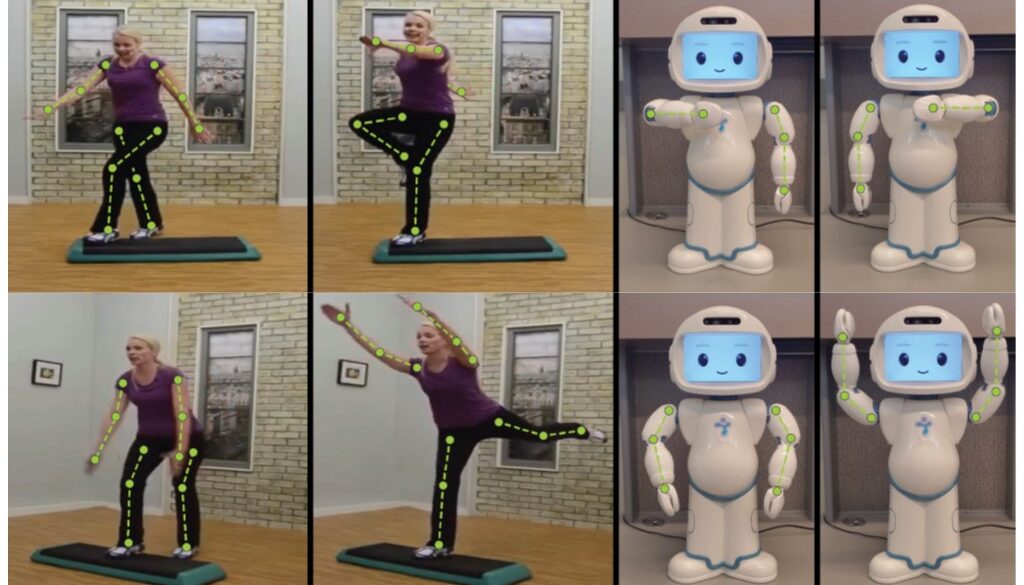
Abstract:
Technological advancements in unobtrusive wearable physiological sensors have opened new avenues for adaptive human-robot interaction (HRI). Detecting complex human states like engagement and stress during interactions with social agents can significantly enhance interactive experiences. Traditionally, bodily signals have been used for post-interaction analysis in HRI. However, real-time measurements of autonomic responses have successfully developed physiologically adaptive systems in other research domains, improving user experience, task performance, and reducing cognitive workload.
This research project introduces HRI Physio Lib, a conceptual framework and open-source software library designed to facilitate the development of physiologically adaptive HRI scenarios. The framework, described in-depth, includes tools for integrating physiological signals into robotics frameworks, organized around four components: signal acquisition, processing and analysis; social robot and communication; and scenario and adaptation.
To demonstrate the framework, a proof-of-concept scenario featuring a physiologically aware exercise coach was developed. This coach, using the socially assistive QTrobot, modulates exercise speed and intensity to promote effective cardiorespiratory activity. The exercise routine was based on guidelines from the American College of Sports Medicine. Both our physiologically adaptive algorithm and an alternative with stochastic elements are detailed.
The project also explores potential HRI domains where physiologically adaptive mechanisms could enhance interaction quality, such as improving engagement, fostering social connections, healthcare scenarios, and applications in self-driving vehicles. These domains promise significant advancements in user experience through the integration of physiologically adaptive social robots.
Reference:
Kothig, Austin. Accessible Integration of Physiological Adaptation in Human-Robot Interaction. MS thesis. University of Waterloo, 2021.